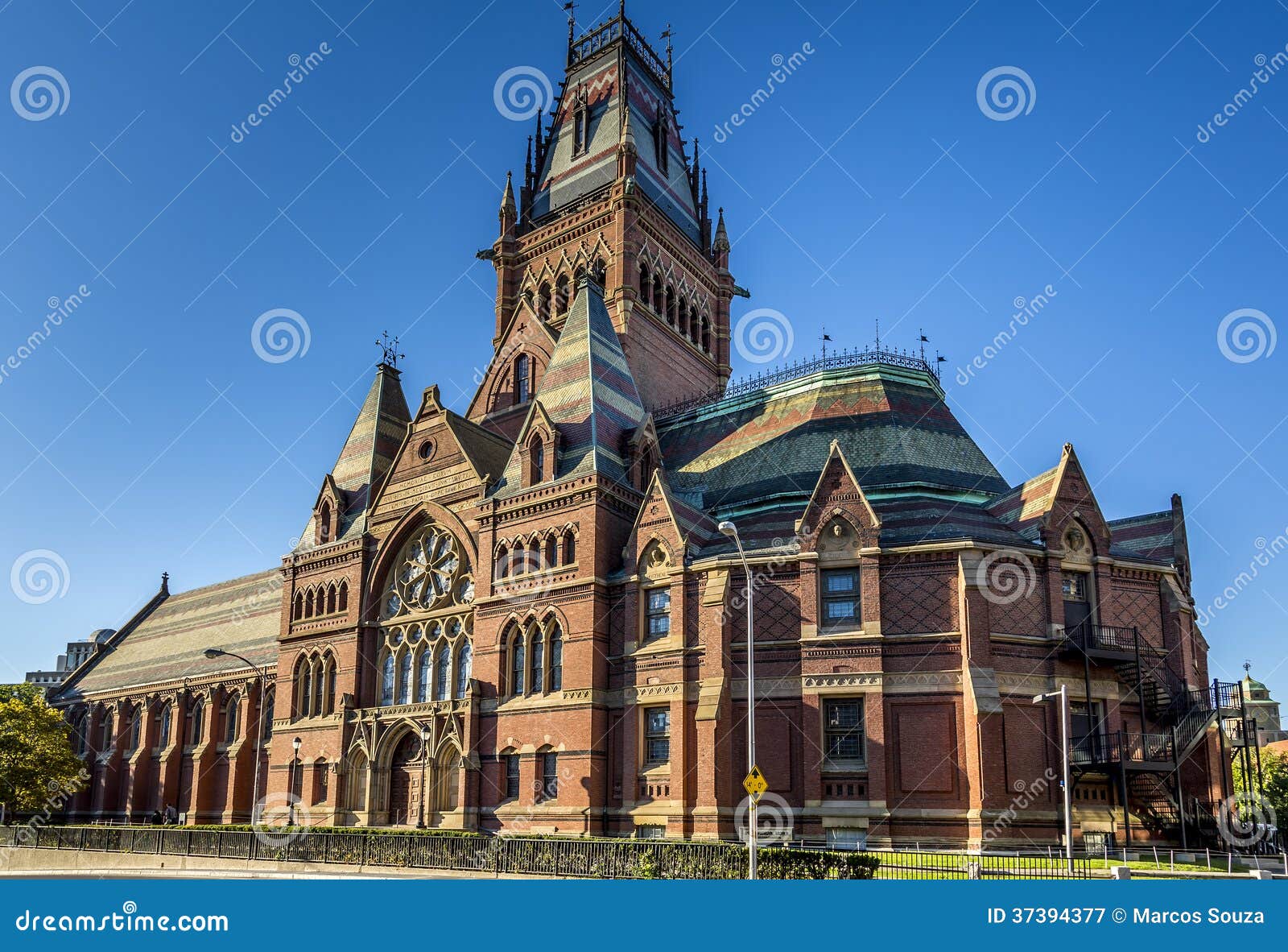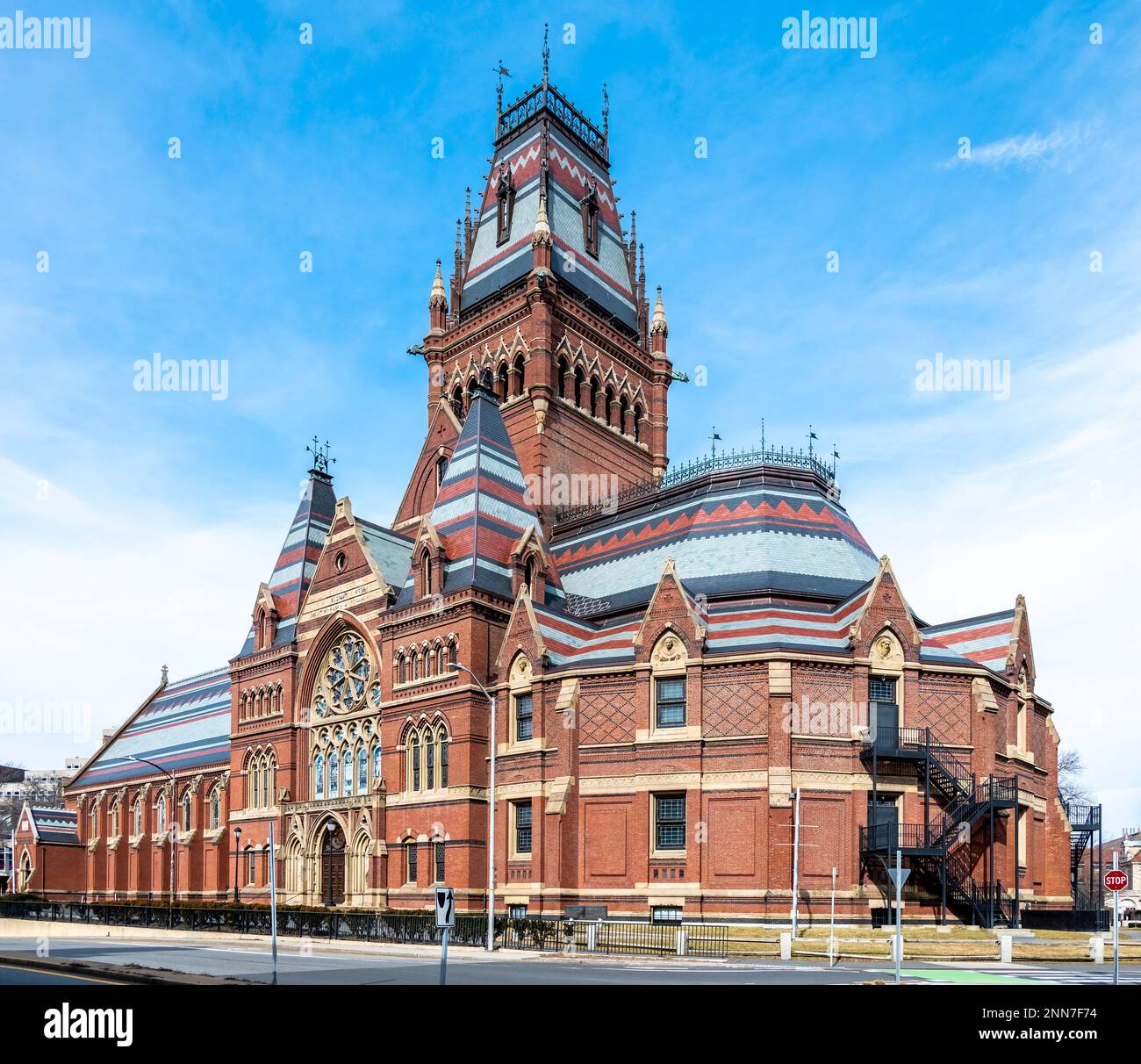Lewis Hall: A Comprehensive Guide To The Historic Residence At Harvard University
Lewis Hall: A Comprehensive Guide To The Historic Residence At Harvard University

Harvard University stock image. Image of harvard, college - 37394377 - Source www.dreamstime.com
Editor's Notes: Lewis Hall: A Comprehensive Guide To The Historic Residence At Harvard University have published today date. As a leading source of information on higher education, we understand the importance of providing our readers with the most up-to-date and comprehensive information on all aspects of college life. That's why we're excited to announce the publication of our new guide, Lewis Hall: A Comprehensive Guide To The Historic Residence At Harvard University.
This guide is the culmination of months of research and analysis, and we're confident that it will be an invaluable resource for anyone considering living in Lewis Hall. In this guide, you'll find everything you need to know about Lewis Hall, from its history and amenities to its location and cost. We've also included interviews with current and former residents of Lewis Hall, so you can get a firsthand account of what it's like to live there.
We hope you find this guide helpful. If you have any questions, please don't hesitate to contact us.
| Feature | Lewis Hall |
|---|---|
| Location | 112 Mt. Auburn St., Cambridge, MA 02138 |
| Cost | $9,500 per year |
| Amenities | - 24-hour security - Laundry facilities - Vending machines - Study lounges - Kitchens |
| History | Lewis Hall was built in 1890 and is named after Edward Lewis, a prominent Boston businessman and philanthropist. The building was originally used as a dormitory for male students, but it was converted to co-ed housing in 1970. |
Lewis Hall is a popular choice for students who want to live on campus. It's located just a short walk from the Harvard Yard and is close to many of the university's academic and social buildings. Lewis Hall is also known for its friendly and lively community. Residents often organize social events, such as potlucks and movie nights.
FAQ
This FAQ section provides detailed answers to frequently asked questions regarding Lewis Hall, a remarkable historical residence at Harvard University.
Question 1: When was Lewis Hall constructed?
Lewis Hall was built in 1816 by Samuel Parkman, a Boston merchant and philanthropist.
Question 2: Who designed Lewis Hall?
Alexander Parris, a prominent architect of the time, designed Lewis Hall in the Federal style.
Question 3: What is the significance of Lewis Hall?
Lewis Hall has played a pivotal role in the history of Harvard University. It initially served as the home of the university's president and later became the residence of distinguished faculty members and guests.
Question 4: What is the architectural style of Lewis Hall?
Lewis Hall exemplifies the Federal style of architecture, characterized by its symmetrical facade, classical details, and restrained ornamentation.
Question 5: What is the current use of Lewis Hall?
Today, Lewis Hall serves as a venue for university events, meetings, and receptions while also providing accommodations for scholars and guests.
Question 6: Can the public visit Lewis Hall?
Lewis Hall is not open to the general public due to its role as a private residence and event space for Harvard University.
These questions and answers illuminate various aspects of Lewis Hall, providing insights into its history, architecture, and ongoing significance within the Harvard community.
Proceed to the next article section for further exploration of Lewis Hall's rich legacy.
Tips
Visiting Lewis Hall: A Comprehensive Guide To The Historic Residence At Harvard University is an enriching experience. Here are helpful tips to enhance your visit to this historic abode:
Tip 1: Guided Tours
Reserve a guided tour to delve into the rich history and architecture of Lewis Hall. Knowledgeable guides will provide insights into the building's significance and anecdotes about its former occupants.
Tip 2: Explore the Common Spaces
Lewis Hall's common areas offer a glimpse into student life at Harvard. Visit the dining hall, lounge, and study rooms to experience the ambiance where generations of students have gathered and shared ideas.
Tip 3: Admire the Architecture
Take time to appreciate the architectural details of Lewis Hall. Its Victorian Gothic Revival style features intricate stone carvings, stained glass windows, and high ceilings. These elements contribute to the building's timeless beauty.
Tip 4: Learn about the Notable Residents
Lewis Hall has been home to many notable figures, including Theodore Roosevelt, James Russell Lowell, and Robert Frost. Discover their contributions and the impact they had on Harvard and American society.
Tip 5: Immerse Yourself in History
While you're at Lewis Hall, take advantage of the opportunity to explore its archives and special collections. These resources provide a window into the past and shed light on the lives and times of former residents.
Visiting Lewis Hall is a journey through time. Embrace these tips to maximize your experience and gain a deeper appreciation for this historic residence that has played a pivotal role in the history of Harvard University and American higher education.
Lewis Hall: A Comprehensive Guide To The Historic Residence At Harvard University
Lewis Hall, one of Harvard's most significant historical buildings, offers a glimpse into the institution's illustrious past. Its architectural grandeur, academic legacy, notable figures, and contributions to the university's identity make it an essential landmark deserving of a comprehensive guide.

The historic architecture of the famous Harvard University in Cambridge - Source www.alamy.com
- Architecture: Georgian-Federal edifice with a rich history.
- Academics: Center for transformative educational experiences.
- Notable Figures: Home to renowned intellectuals and influential leaders.
- Campus Identity: A symbol of Harvard's academic excellence and traditions.
- Renovation: Ongoing restoration efforts maintain its architectural integrity.
- Legacy: Preserving the past while adapting to the future.
Lewis Hall's architectural beauty, academic significance, and enduring legacy intertwine to create a unique and compelling narrative. Its presence serves as a constant reminder of Harvard's historical journey and its continued commitment to intellectual exploration.

Exterior of Historic Building in Harvard University Editorial Image - Source www.dreamstime.com
Lewis Hall: A Comprehensive Guide To The Historic Residence At Harvard University
The connection between "Lewis Hall: A Comprehensive Guide To The Historic Residence At Harvard University" and content details is crucial as the book provides a comprehensive exploration of the history, significance, and architectural features of Lewis Hall, an iconic building on the campus of Harvard University. This guide serves as an invaluable source of information for scholars, preservationists, and those interested in the rich architectural heritage of higher education institutions.

Harvard Law School University Historic Building in Cambridge, Ma - Source www.dreamstime.com
The book's detailed descriptions, accompanied by historical photographs and illustrations, offer a vivid glimpse into the evolution of Lewis Hall over the centuries. It traces the building's origins to its establishment in 1766 as a dormitory, examining its subsequent transformations and renovations to adapt to the changing needs of Harvard's growing student body.
Understanding the connection between "Lewis Hall: A Comprehensive Guide To The Historic Residence At Harvard University" and its content is essential for appreciating the broader context of collegiate architecture and the university's commitment to preserving its historical legacy. By studying this guide, readers gain insights into the architectural styles, building materials, and construction techniques used in the 18th and 19th centuries, shedding light on the evolution of American campus architecture.
| Feature | Significance |
|---|---|
| Architectural Styles | Gothic Revival, Federal |
| Building Materials | Brick, granite, wood |
| Construction Techniques | Timber framing, load-bearing walls |
| Historical Significance | Home to prominent Harvard figures, witness to campus events |
Conclusion
In conclusion, "Lewis Hall: A Comprehensive Guide To The Historic Residence At Harvard University" establishes a profound connection between the building's history and its architectural significance. Through its detailed exploration, this guide illuminates the evolution of campus architecture, preservation efforts, and the enduring legacy of Lewis Hall within the fabric of Harvard University's rich history.
Understanding this connection enables scholars, preservationists, and architecture enthusiasts to appreciate the intricate interplay between historical context and architectural design. It underscores the importance of preserving and interpreting historic buildings like Lewis Hall to ensure their continued relevance and inspire future generations.